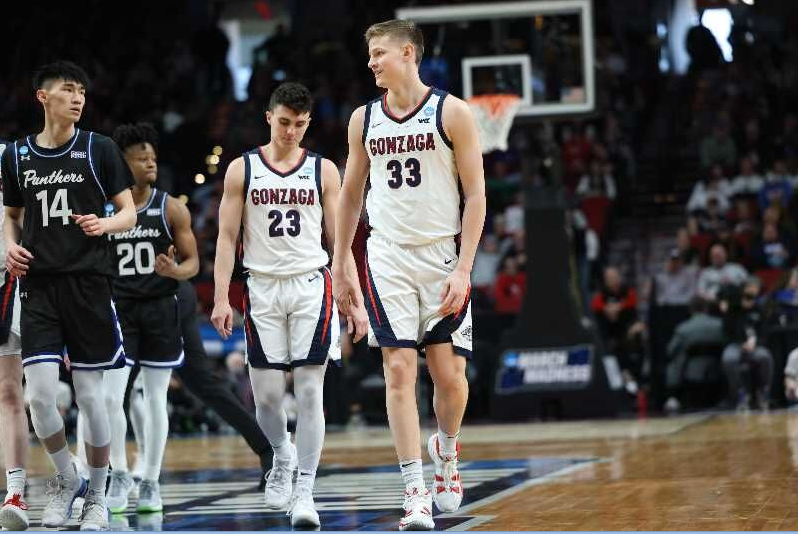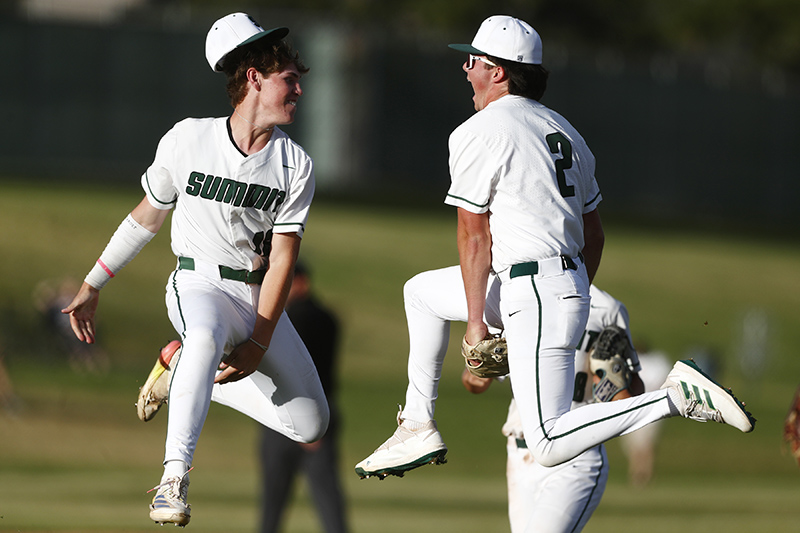Mike Garrison: A friend we really only partly knew
Published 5:00 am Wednesday, April 7, 2004
April 4, 2004
Like a lot of locals, I guess, I knew Mike Garrison best as the area’s highest-flying Oregon Duck.
As longtime head of the Central Oregon Duck Club, Garrison was an engaging personality whose dedication to University of Oregon athletics was second to none here on the High Desert.
”Mike lived and bled Oregon green,” said Gary Heeter, Garrison’s good friend and Duck Club associate.
Not as well known, at least in these parts, is that Garrison was an accomplished musician, a synthesist whose work (under the Garrisongs Music label) spanned more than two decades and produced 13 albums with combined sales of more than half a million worldwide.
Too, those whose Central Oregon roots don’t run particularly deep are probably not aware that Garrison was one terrific prep athlete – among the finest ever to compete at Bend High School.
And there was yet another side of Mike Garrison. Behind the seemingly always smiling face, framed by silver-white hair that belied his boyish appearance, was a man doing battle with depression and alcohol. It was a battle that late last month, he finally lost.
He was 47.
—–
His obituary noted that he died of natural causes, though family and friends say they are certain that years of alcohol abuse hastened Garrison’s demise.
Mark Garrison, Mike’s older brother, said he believed Mike may have suffered from seasonal affective disorder (SAD), a mood complication linked with episodes of depression and related to changes of season.
”It was recurring,” said Mark, who could not confirm whether his brother had ever been diagnosed with SAD. Regardless of what caused the depression, he said, ”I could see it was getting more and more severe. And so could he.”
A devout Duck fan like his brother, Portlander Mark recalled the last time he saw Mike. It was at the Civil War football game last November on a dank, dismal afternoon in Eugene. He remembered that even though the Ducks defeated rival Oregon State that day, Mike’s spirits were disturbingly low.
”I could see it in his face,” said Mark. ”The season was coming to an end, and it was all dark and gloomy. … I knew exactly what he was thinking.”
—–
Mike Garrison was never married, but he was undeniably wed to UO sports. He grew up an Oregon fan, and though he never went to school there – he spent only a short time in college, studying music at the University of Idaho – his enthusiasm for University of Oregon athletics was boundless.
It showed in his work with the local booster club.
”Mike was the glue that kept that club going and together,” said Kurt Zimmerman, a Duck Athletic Fund director in Eugene. ”It was a passion for him. He was a great ambassador for the Ducks.”
Zimmerman pointed to Garrison’s role in the creation of the Legends of Oregon golf tournament, staged each summer at Broken Top Club in Bend. In its six years, the Legends event has raised close to $900,000 for the university.
”The work Mike did speaks volumes about him,” Zimmerman added. ”We’re going to miss his help, that’s for sure.”
—–
Born in Roseburg, Garrison moved to Bend with his family as a youth and went on to become a three-sport star at Bend High. His blazing speed made him an asset to the football and track teams, but he is perhaps best remembered for his role as a guard on the Lava Bears’ basketball team, which in his senior year (1975) placed fourth in the AAA state tournament.
Garrison and teammate Bob Halligan were named to the all-tournament team.
”Mike was the consummate athlete,” recalled Ron Ricketts, who coached that Bend High squad. ”He had a huge heart, and just an unbelievable desire to win. He made whatever sacrifice was necessary for his team to win.”
Bill Smith was Garrison’s high school track coach.
”Talented? Oh!” Smith reflected.
Smith and Ricketts were part of a support group that Mark Garrison helped create for his troubled brother.
”A lot of hands went out to Mike,” Smith recounted. ”He would reach back, but for some reason … .”
Smith said it’s hard to imagine the kid he remembered – ”happy-go-lucky, always a lapdog kind of smile on his face” – succumbing to a lethal combination of depression and alcohol.
”That’s what makes this so crazy,” Smith said.
”But I still remember those images, of Mike as a kid … and that’s the way I want to remember him.”
Bill Bigelow is The Bulletin’s sports editor.






